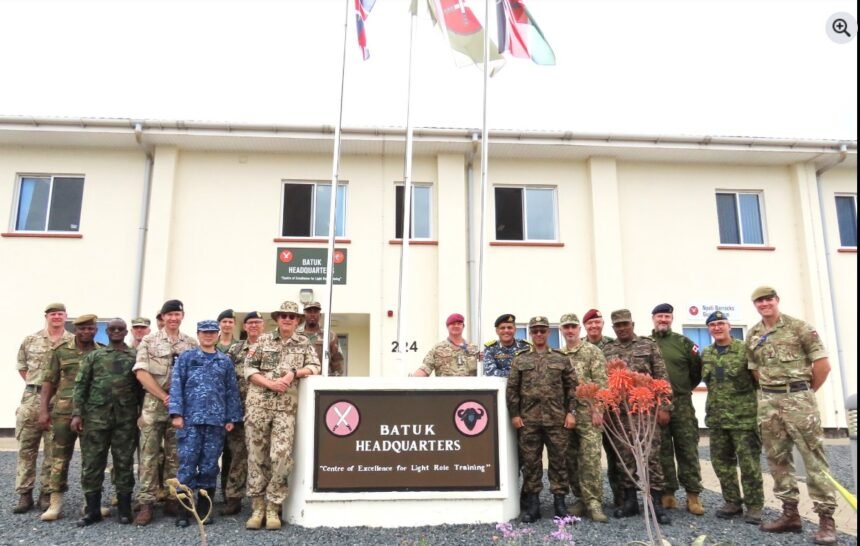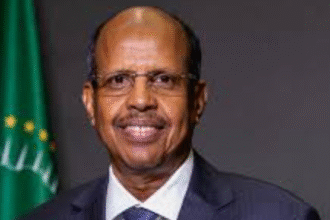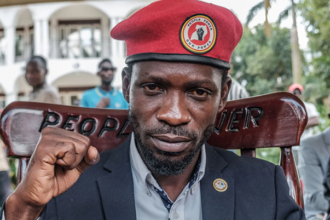By Peter Halima
NANYUKI, Kenya – A recent investigation by the British Army has unearthed a persistent issue of soldiers stationed at its controversial training base in Kenya engaging sex workers, despite a clear ban implemented to curb sexual exploitation and abuse.
The Service Inquiry, commissioned in October 2024 following an ITV investigation into troop conduct, found that “transactional sex” was still occurring at the British Army Training Unit Kenya (Batuk) at a “low to moderate” level. The report covers a period of over two years, beginning in July 2022, and examined the behavior of 7,666 British soldiers who served at the base during that time.
General Sir Roly Walker, UK Chief of General Staff, condemned the findings, stating, “The findings of the Service Inquiry I commissioned conclude that transactional sex is still happening in Kenya at a low to moderate level. It should not be happening at all.” He reiterated the Army’s zero-tolerance policy, adding, “There is absolutely no place for sexual exploitation and abuse by people in the British Army. It is at complete odds with what it means to be a British soldier.”
The Ministry of Defense banned its forces from using sex workers abroad in 2022 as part of a broader crackdown on sexual exploitation and abuse. However, the inquiry detailed 35 suspected instances of Batuk soldiers paying for sex since the guidance on the rule (JSP 769) was published in July 2022. While 26 of these cases occurred before comprehensive training on the new rule in November 2022, nine more have been reported since then. The report notes that most allegations were never definitively proven.
Despite the training and control measures, the inquiry concluded that “transactional sexual activity” by UK personnel in Kenya persists. While it’s “not out of control,” the report advises the Army to “assume it may be at the upper end of that scale between low and moderate” to manage the risk effectively.
The investigation was conducted by a four-person panel, including two serving officers, a civil servant, and an independent adviser. It also assessed the Army’s systems designed to prevent breaches of the regulation. Existing efforts include regular training sessions and “sharkwatch” patrols, where senior non-commissioned officers monitor the conduct of junior personnel during nights out.
In response to the findings, the Army stated it would implement the report’s recommendations, which include making it easier to dismiss soldiers found to have used sex workers and introducing additional training.
The latest report adds to a long history of controversy surrounding Batuk, which is located near Nanyuki, 200km north of Kenya’s capital, Nairobi. Concerns about troop conduct date back to the 2012 death of Kenyan woman Agnes Wanjiru, allegedly at the hands of a British soldier. Subsequent investigations and media reports, including the ITV documentary that prompted this inquiry, have highlighted a string of allegations.
Separately, Kenyan Members of Parliament are conducting their own inquiry into wider allegations of mistreatment by British troops at Batuk. Public hearings have heard claims of injuries sustained through soldiers’ behavior and accusations of soldiers fathering children with Kenyan mothers and abandoning them upon their return to the UK. In June this year, a soldier based at Batuk was repatriated to the UK following a rape accusation.
Despite these issues, the Service Inquiry’s report noted that “the vast majority” of local residents expressed satisfaction with the presence of the Batuk camp. However, the continued presence of British troops in Africa remains a subject of debate for many across the continent.









